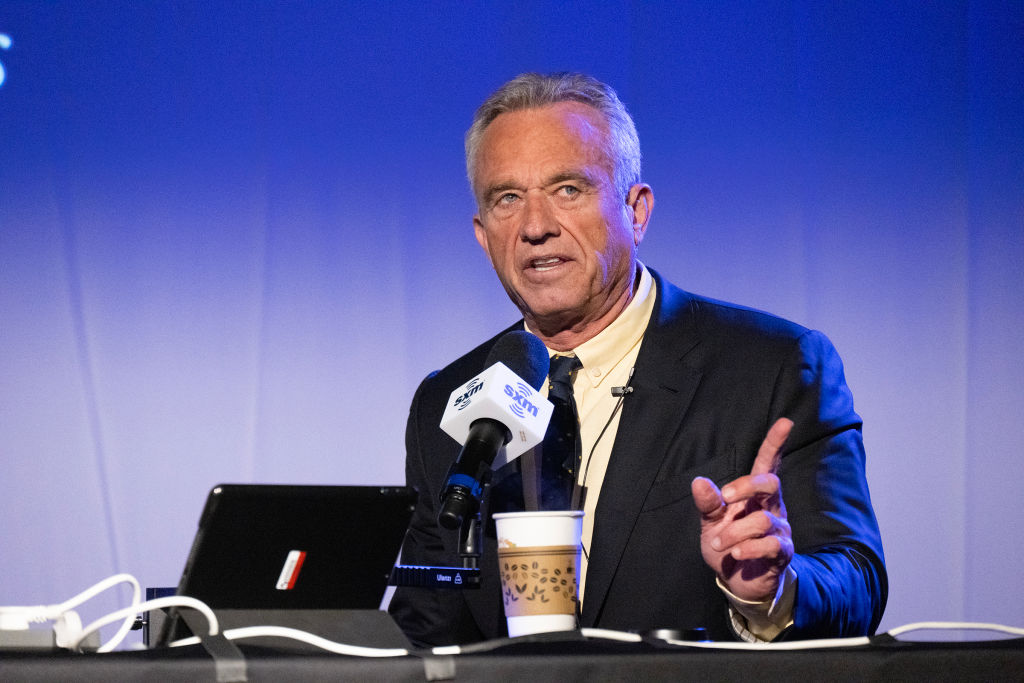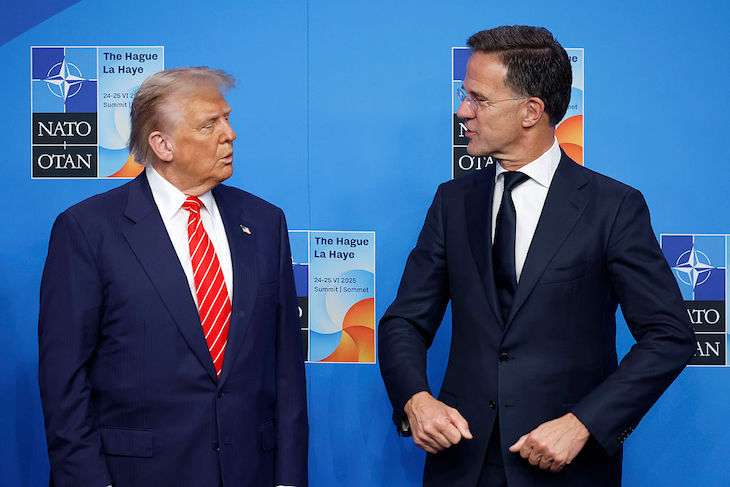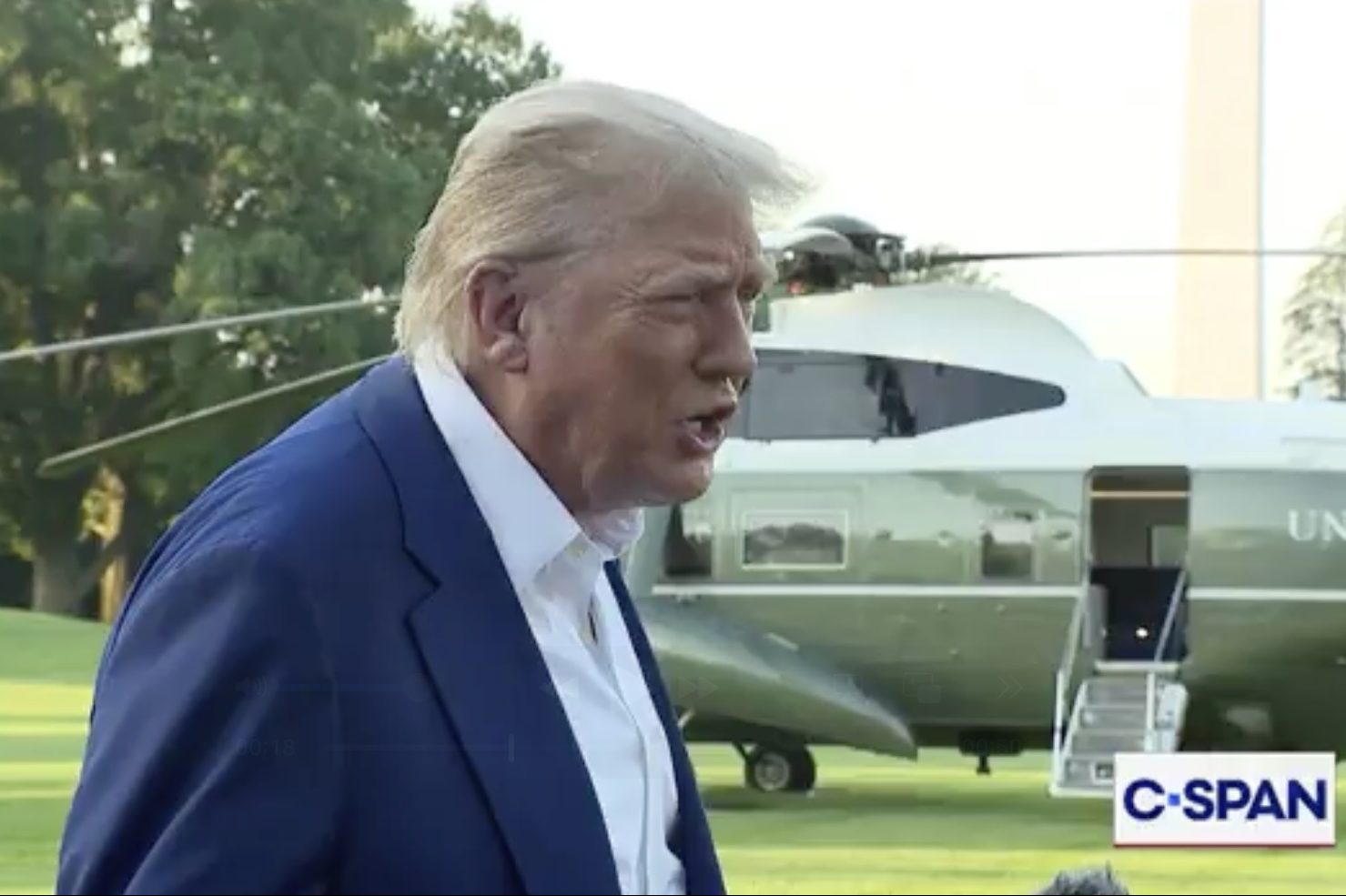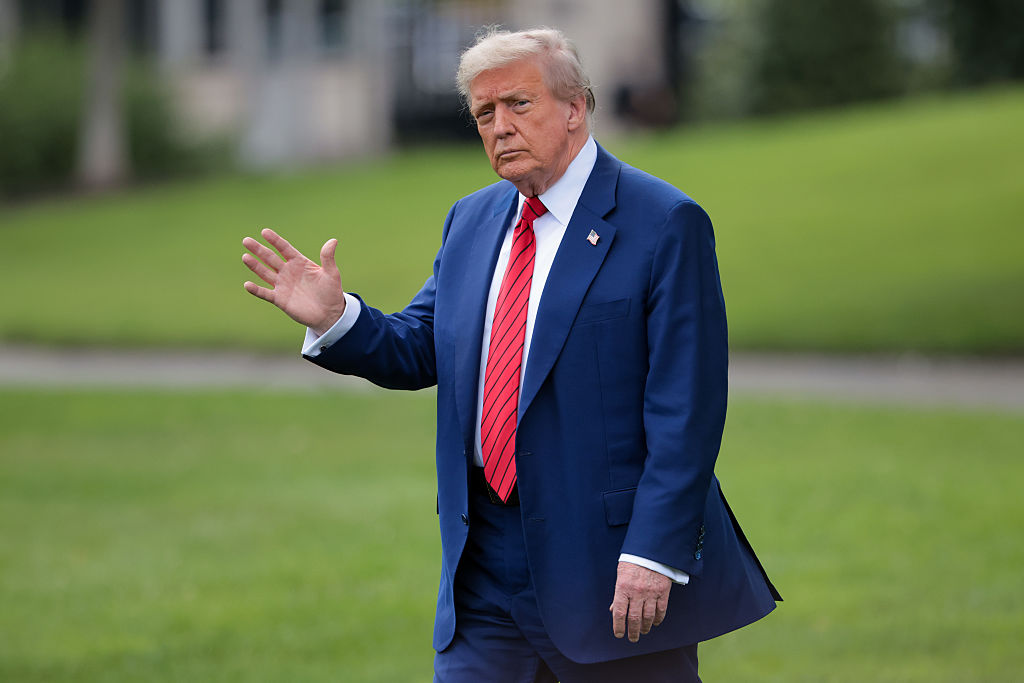Did you know that the Biden’s State Department is run by neocons? Or that Biden’s foreign policy is “bellicose, pugnacious and aggressive”? Ask the people of Afghanistan suffering under the Taliban or the millions of Ukrainians trying to fend off an imperialist Russia. They would tell you that that is news to them. Those assessments come not from the soft-isolationist right, but rather from Democratic presidential candidate Robert F. Kennedy Jr., who joined Elon Musk, David Sacks, Tulsi Gabbard, Michael Shellenberger and others for a Twitter Spaces chat on Monday.
A lot was covered, including Kennedy’s usual anti-vaccine conspiracy theories, assertions about the villainous pharmaceutical companies trying to control America and nefarious US labs engaging in bioweapons research around the world. But strangely foreign policy occupied among the longest periods of discussion. The easiest way to sum up the arguments is that America is often to blame for the world’s problems — sure, other actors have agency, but they are mostly pushed into bad choices by Washington’s misbehavior.
What should we make of Kennedy’s claim that Biden’s foreign policy is “bellicose, pugnacious and aggressive”? Let’s look at the facts. The president pulled out of Afghanistan in 2021 with disastrous consequences. He waited until the last minute to give Ukraine the weapons it needed to defend itself, and all but gave Russia the green light to invade by asserting that a “minor incursion” into Ukraine may not be met with as harsh a response from the West. He has, since the invasion in February 2022, slow-walked the aid that could allow Ukraine to achieve victory. When Russian jets caused a US drone to crash in the Black Sea, Biden did nothing. When Beijing flew a technology-packed spy balloon over the US, the administration would have preferred to ignore it if not for civilians seeing the ominous craft float overhead. Aggressive? Biden’s foreign policy is dangerously weak.
According to Kennedy, Americans have been “propagandized with these comic book depictions that are now formulaic: that there is a bad guy, he did a bad thing, it was unprovoked.” He then gave his analysis of all of the “US provocations which brought us and also brought Ukraine into a war.” He said that Ukraine “is a victim in this war, it’s a proxy war. It’s a victim of Russia, yes, it was an illegal invasion and a brutal invasion that could have been avoided by Vladimir Putin; but they are almost equally, at least, a victim of US policies and the ambitions, the aspirations of the neocons who wanted to get into this war no matter what.” In effect, the war was the US’s fault.
To Kennedy, US-supported NATO expansion and Russia’s resulting concerns were a key catalyst for the war. The problem with that claim is that NATO is and always has been a defensive alliance — it was meant to defend against Soviet aggression, not to be the aggressor itself. Expansion of the alliance, far from a US production, was at the behest of those countries in Central and Eastern Europe who knew what it was like to live under Moscow’s yoke.
Regardless of the unreasonableness of the Russian leadership’s concerns about NATO expansion, there is another fundamental flaw in Kennedy’s argument: Ukraine was nowhere near NATO membership in either 2014 or 2022. Until February 24, 2022, the Western alliance could barely come to an agreement on anything, with France’s Macron even calling it “brain dead.” There was no appetite for expansion to Ukraine; that was even more true at the start of 2022 than in 2014.
Kennedy also cites the 2014 referendum in the Donbas as evidence for their wanting to leave Ukraine, saying the vote was 90-10 in favor of leaving. North Korea, China and Iran all hold votes too — would anyone cite those as evidence of the will of the people? Of course not. Like in every autocratic system, the results are rigged from the start — the same was true in Donetsk and Luhansk. Both are controlled by Russian puppet regimes in the service of Vladimir Putin.
The Democratic candidate also turned his ire upon US policy towards China. Kennedy said that China “does not want to compete with us militarily, it does not want to have a war with the United States” and that “we should be deescalating the military pressure on China.” To argue this, he’s ignoring that China has been trying to take over Taiwan for decades, attempting to seize most of the South China Sea for itself, engaging in gray-zone (or worse) confrontation with countries that dare to resist, launching cyber attacks on an industrial scale and flying surveillance balloons over American territory. It is because China is escalating militarily that America must focus on its military capacity in the Indo-Pacific, because if it does not, it could very well lose a war that China chooses to fight. In any case, it is currently China that is refusing to talk with America and engage in military de-escalation despite repeated US attempts to do so.
“Let’s let Taiwan and China work out that issue on their own, and back off militarily,” Kennedy suggested. How might that turn out? Given that the main thing stopping China right now is the threat of US military force, one guess — and it is just a guess — is that Xi might decide that because he will not meet any military resistance from the US, he will take the risk and launch an invasion of the island democracy.
Kennedy pointed out that “Zelensky ran in 2019 on a peace platform” and “he won in this huge landslide… because he was running on a peace platform with the promise that he would sign the Minsk Accords, and settle this.” Presumably, Kennedy’s point was that Zelensky did not live up to his promises. The irony is that the Ukrainian president clearly recognized what Kennedy and his ideological fellow-travelers do not: it does not matter how much you want peace if your adversary wants war. Zelensky saw that pursuing peace at any price would ultimately lead him and his country into a bloody war for which it was not then prepared. Peace is undoubtedly the greatest aspiration, and should remain so, but unfortunately, it rarely comes unchallenged.
It’s easy to understand some Democrats’ urge for a sensible alternative to Joe Biden. RFK’s foreign policy diatribes indicate that he isn’t one.

























